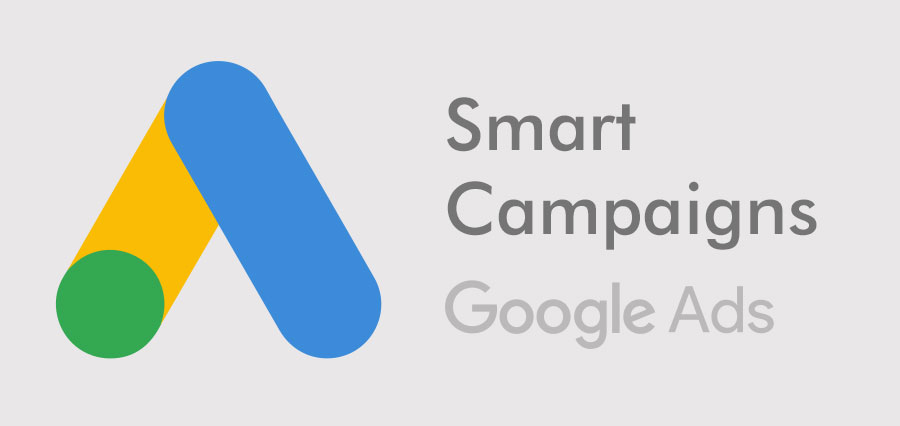Insights

Are Google Ads Smart Campaigns Effective?
Google Smart Campaigns are a simplified and automated type of advertising campaign within Google Ads. They are designed to help small businesses easily create and manage online ads.
The ads are published on Google Search, Google Maps, YouTube, Gmail and other Google partner websites.
Smart Campaigns utilise Google's machine learning algorithms to optimise performance and are tailored to businesses with lower advertising budgets that want to focus on running their operations without spending significant time managing their online advertising.
Features of Google Smart Campaigns
Automation: Smart Campaigns automatically create ads based on the business's information (eg: website content and Google My Business profile). They also optimise ad placement and targeting to reach the most relevant audience.
Audience Targeting: Ads are displayed on Google Search, Google Maps, YouTube and other sites within the Google Display Network. Google uses signals like user behavior, search queries and location to target potential customers.
Ad Creation: Advertisers only need to provide basic input, such as their business goals, ad copy, budget and a link to their website. Google then generates the ads then adjusts them to fit different platforms and formats.
Budget and Performance: Advertisers set a monthly budget then Google optimises the ad spending to achieve the best possible results within that budget. The campaign aims to generate actions like phone calls, website or store visits.
Insights and Reporting: Performance data, such as clicks, impressions and conversions are provided in a simplified format, making it easy for non-experts to understand.
Benefits of Smart Campaigns
Smart campaigns provide a low-effort entry point and are designed for small businesses with limited marketing expertise and budgets.
Ease of Use: Smart Campaigns are designed for simplicity and ease of use. They require minimal setup and are ideal for small business owners or those new to digital pay per click advertising.
Local Focus: The campaigns are particularly effective for local businesses, helping them reach customers in their area through Google Search and Maps.
Automation: Using AI, Google handles ad creation, audience targeting and bidding. Google’s AI also optimises ads for better performance over time based on the campaign objectives.
Limitations of Smart Campaigns
Google Smart Campaigns are generally not considered effective for most businesses. While they promise simplicity and automation, they have significant drawbacks.
Limited Control: Advertisers have less control over targeting, ad placements, bid strategies and keywords compared to more advanced campaign types like Search, Shopping or Display campaigns.
Cross-Platform Reach: Smart Campaigns can appear across Google's network, including Search, YouTube and Display, providing broad exposure. Advertisers can not choose.
Lack of Insights: Smart Campaigns have poor conversion tracking capabilities. Detailed performance data and analytics are limited, which makes it harder to understand exactly why an ad is or isn't performing well.
Dependence on Automation: The automated system might not align perfectly with your specific goals or nuances of your audience.
Not Ideal for Complex Strategies: Smart campaigns generally focus on generating clicks rather than meaningful business leads. If your campaign requires advanced targeting, multiple ad formats or highly customized strategies, Smart Campaigns may not be the best choice.
Conclusions
Smart Campaigns are a good starting point for businesses with small budgets who want to test the waters with Google Ads.
For businesses who are taking Google Ads more seriously and want to maximise their Return on Investment, professionally managed Google Ad campaigns are more likely to deliver significantly better results.
Feel free to reach out to one of our Google Ads experts if you’d like to start a professional campaign, optimise your existing ones or maybe just have some questions.
